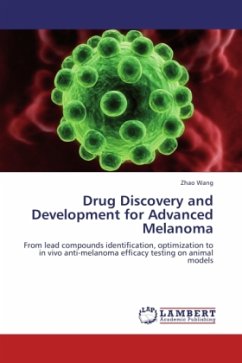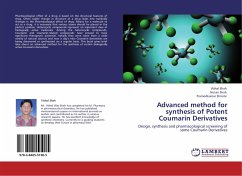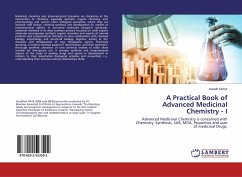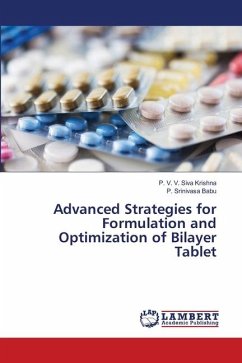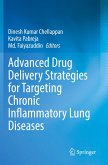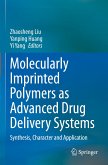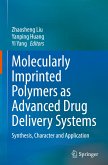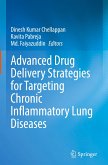Malignant melanoma is the most dangerous type of skin cancer. It accounts for about 75% of skin cancer deaths. Patients with advanced melanoma with dissemination to distant sites and visceral organs have a very poor prognosis, with a median survival time of 6 months and a 5-year survival rate of less than 5%. Over the past 40 years, no one drug or combination of drugs demonstrated any improvement on survival of metastatic melanoma patient. In the year 2011, FDA approved ipilimumab and Vemurafenib for the treatment of advanced melanoma. But both drugs only prolonged patients life of 2-3 months. So the war to fight advanced melanoma is far from ending. In this book, the author and colleagues used classical approaches discovering and developing novel therapeutic agents for advanced melanoma. They identified several new classes of compounds which showed very potent in vitro activity against metastatic melanoma cells and in vivo activity on several animal models. They further optimized the lead compounds activity through a knowledge-based molecule design. They also identified the cellular target of these compounds and elucidated their mechanism of action in killing melanoma cells.
Bitte wählen Sie Ihr Anliegen aus.
Rechnungen
Retourenschein anfordern
Bestellstatus
Storno

